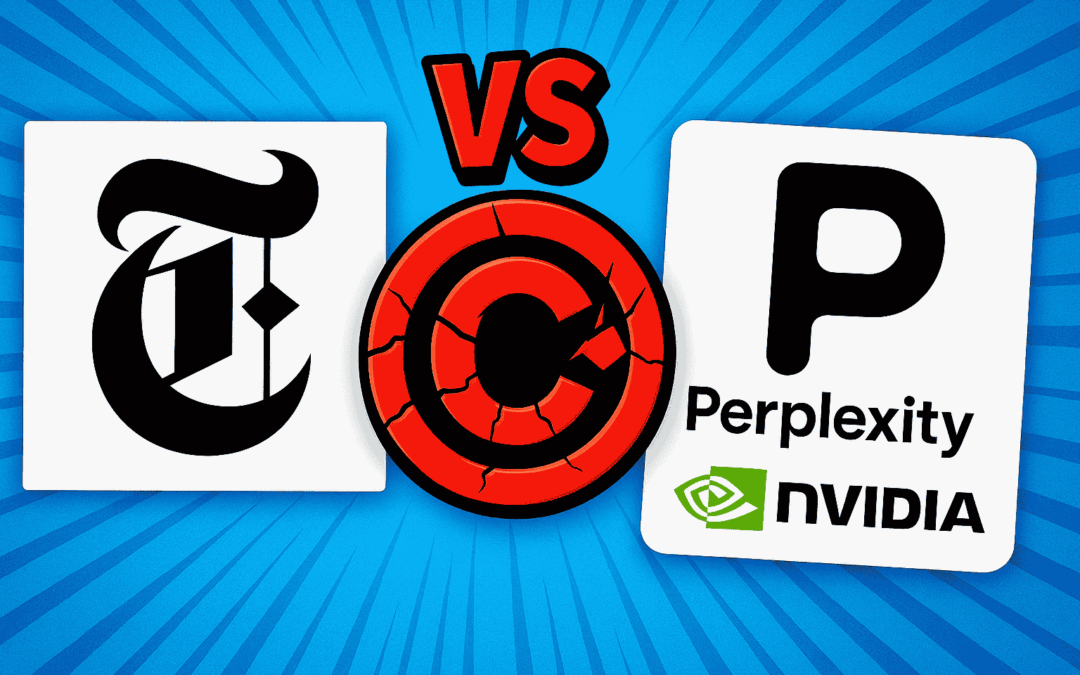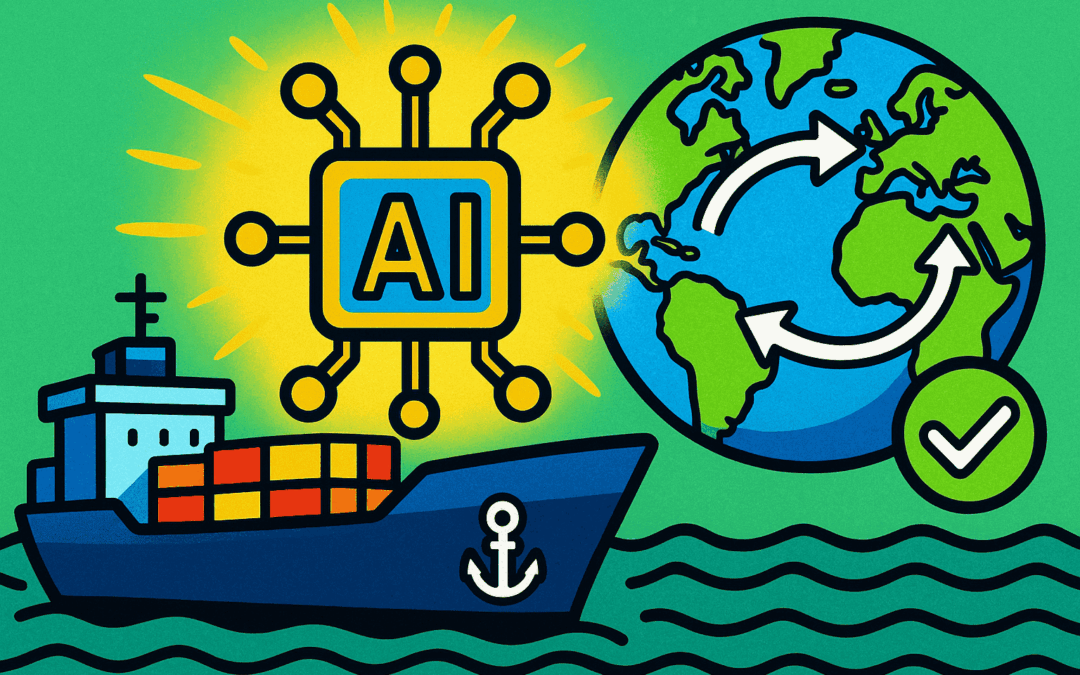AI-powered commerce has entered a critical new phase.
Major tech companies are racing to embed large language models (LLMs) in online shopping, search, and personalized experiences, unlocking fresh waves of automation, recommendation power, and business disruption.
Key Takeaways
- OpenAI and leading tech companies intensify efforts to shape the future of AI-driven commerce.
- Integration of generative AI and LLMs into shopping is set to transform retail, marketing, and customer experience.
- Emerging standards, data privacy, and custom AI model deployment are growing focuses for developers and startups.
- New partnerships and rapid iteration signal that mainstream, AI-powered commerce is reaching maturity faster than projected.
OpenAI Stakes Its Claim on AI-Powered Shopping
OpenAI’s commerce ambitions have taken center stage as the GPT creator partners with retailers and e-commerce leaders to bring conversational AI and recommendation engines directly into the buying journey (Source: TechCrunch and additional coverage by Reuters).
“LLM-driven commerce signals a shift from static catalogs and search to true conversational purchasing and real-time personalization.”
From AI shopping assistants to smart product suggestions, OpenAI’s integration efforts directly challenge the likes of Google, Amazon, and Shopify, sparking industry-wide innovation and strategic alliances.
Microsoft, for example, deployed Copilot to streamline business buying, while Shopify is pushing its own custom, open-source LLM stack into merchant tools.
Implications for AI Developers and Startups
The surge in AI-driven commerce opens new opportunities—and technical demands—for engineers, founders, and data scientists. LLM APIs, custom model hosting, edge deployment, and synthetic data generation have quickly become foundational.
Startups with vertical market expertise or novel AI toolchains (like vector search startups and personalization platforms) find renewed venture interest.
“Custom AI deployments, improved inference speed, and real-time privacy controls have overtaken off-the-shelf models as core requirements for competitive e-commerce innovation.”
Developers now factor token limits, hallucination reduction, and prompt-engineering best practices into production builds—balancing accuracy, efficiency, and compliance.
Regulatory scrutiny around data privacy and explainability continues to rise, especially in markets like the EU and APAC.
Market Dynamics: Rapid Iteration and Strategic Alliances
OpenAI’s aggressive commerce push has triggered new rounds of alliances. Recent months saw strategic deals between OpenAI, major payment platforms, leading retail search companies, and logistics providers.
Google’s Gemini and Amazon’s Bedrock AI compete on plug-and-play integration and ecosystem reach, escalating the pressure for innovation and interoperability.
“The AI in commerce stack is now a three-way race: best-in-breed LLM performance, seamless API/SDK distribution, and industry-specific fine-tuning.”
Early enterprise adopters, mid-market retailers, and vertical SaaS vendors all accelerate pilot programs to remain relevant in a shifting value chain.
AI tool providers now face growing demand for secure cloud hosting, custom integrations, and compliant data handling.
Looking Ahead: The Next Wave of Generative AI Commerce
As generative AI and LLMs redefine how users shop, research, and interact in digital marketplaces, sustained investment and open standards will set the winners apart.
Talent wars emerge for prompt engineers, LLM safety specialists, and product leaders who can bridge AI’s creative potential with high-scale consumer reliability.
“AI-native commerce isn’t just automating the checkout—it’s reimagining the entire lifecycle of personalization, search, and buying.”
For developers, startups, and established brands, agility and technical sophistication will define success as AI-driven commerce shifts from experimental to essential infrastructure.
Source: TechCrunch











